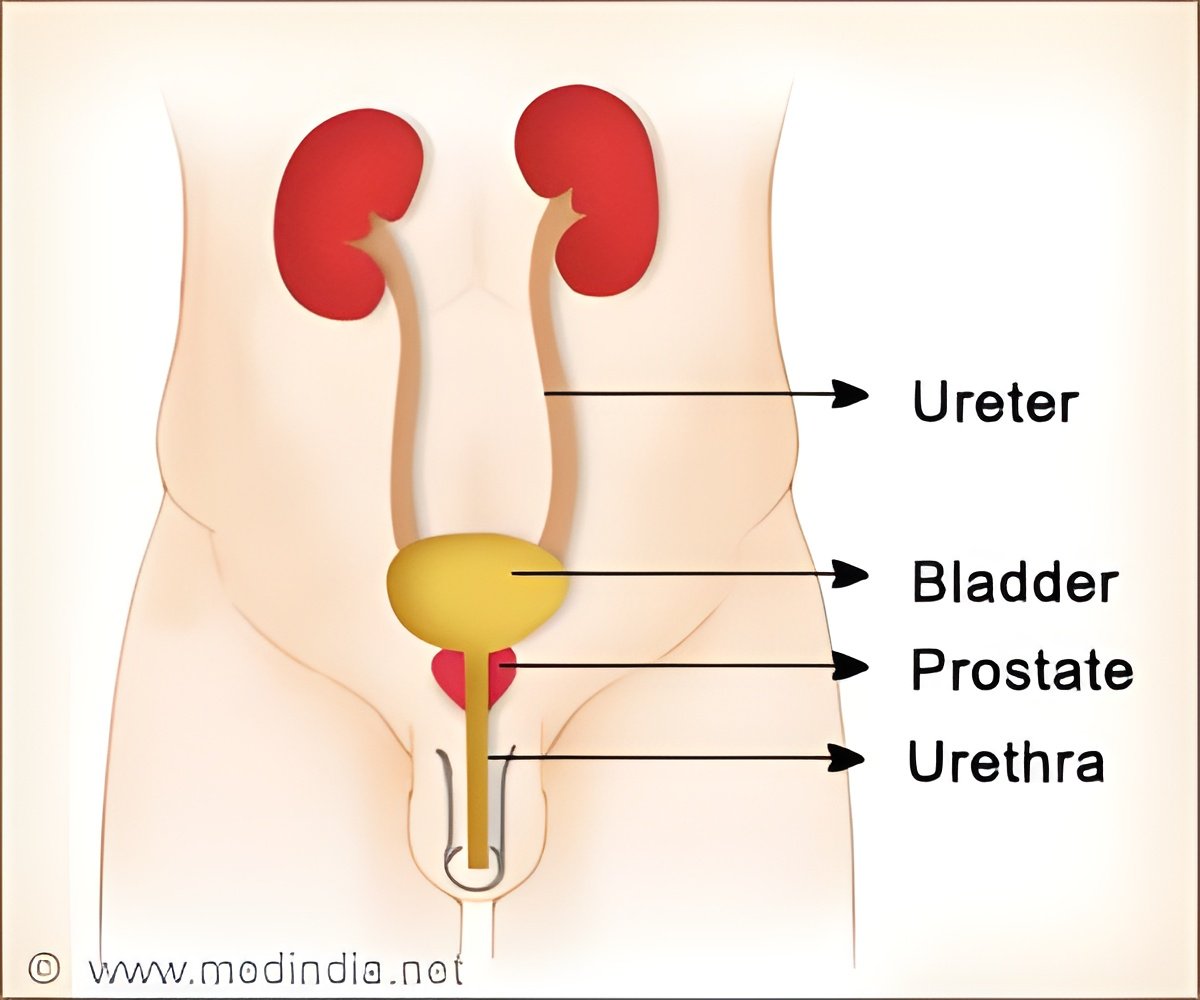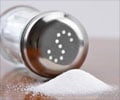High salt intake effectively reduces the night voiding frequency in nocturia with significant improvement in the quality of life.

‘High salt intake effectively reduces the night voiding frequency in nocturia. This results in improvement of symptoms like urgency, the diurnal frequency with significant improvement in the quality of life of the affected ones.’





Nocturia is a highly prevalent yet underreported, under-treated, and poorly managed lower urinary tract symptom (LUTS). It equally affects both men and women of all ages, with higher rates in older populations. Hence understanding the etiology, burden and the most effective methods for diagnosing, assessing, and treating nocturia is essential that physicians and other healthcare professionals.
Salt Restriction in Nocturia
To derive a clear picture of the treatment strategies, the researchers assessed the efficacy of salt reduction for improving nocturia in 321 patients with the high salt intake (8 grams per day for men and 7 grams or more per day for women) and nocturia.
The investigators of this prospective study had instructed the patients on salt intake restriction and to use a brochure for salt intake restriction via interview once every four weeks. Spot urine specimens were utilized to estimate the daily salt intake.
Advertisement
In the Core Lower Urinary Tract Symptom Score (CLSS) of the S group, the team demonstrated improvement in urgency, diurnal frequency, and also nocturia with significant improvement in the quality of life.
Source-Medindia














